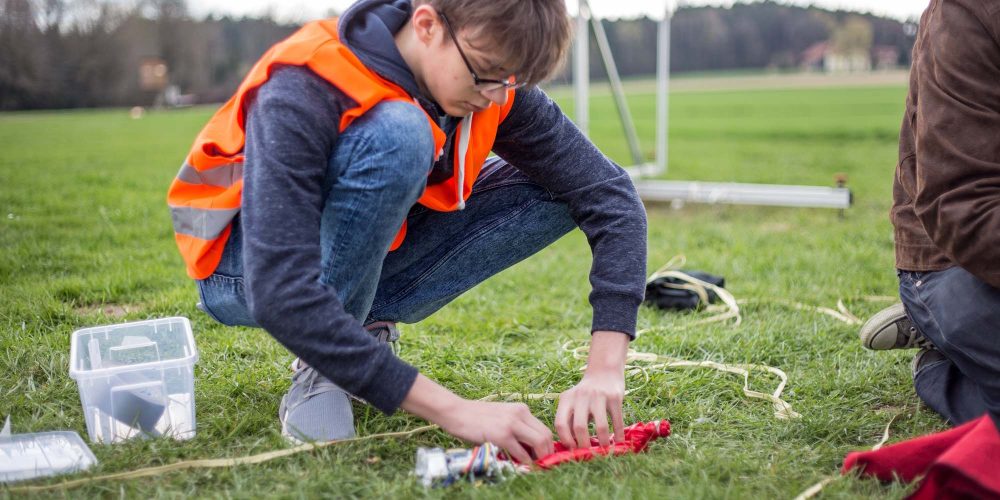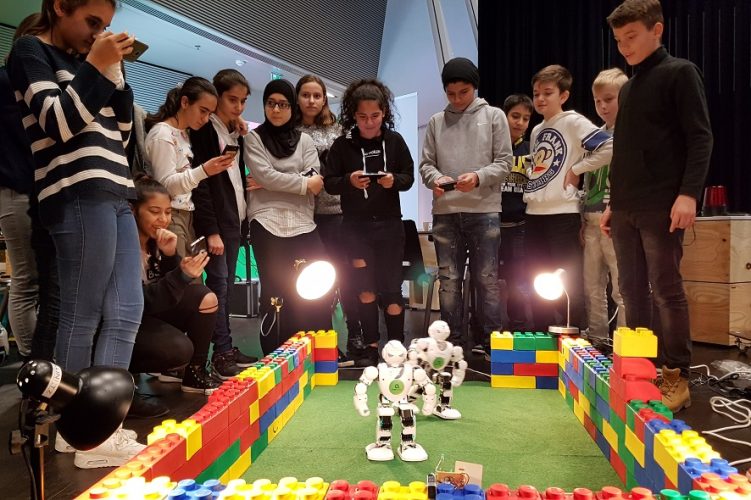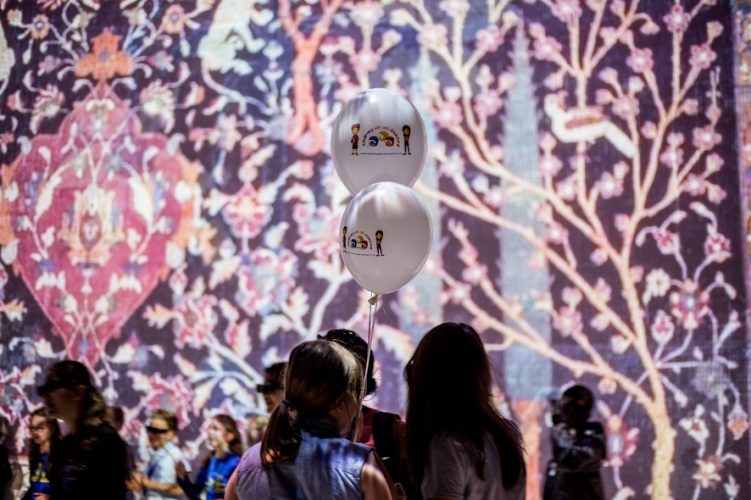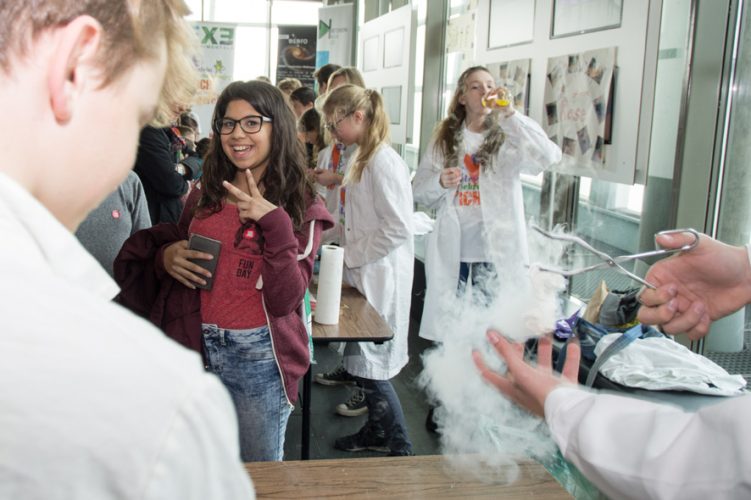
Society
-
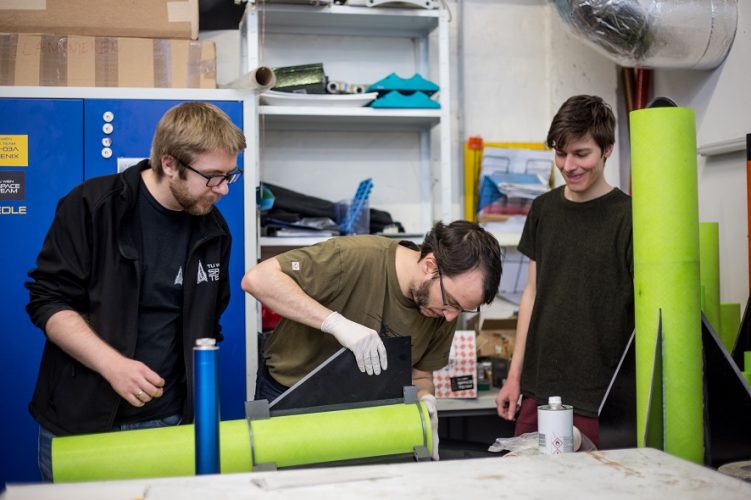
2018 CanSat Competition: The Rockets
While teams of school kids throughout Austria are hard at work creating their cola-can-size satellites to be launched during the CanSat Competition April 9-11, 2018, the Space Team at TUW–Technical University of Vienna is also busy with its preparations—building the rockets that will take these mini-satellites aloft in April. We just paid a visit to…
-
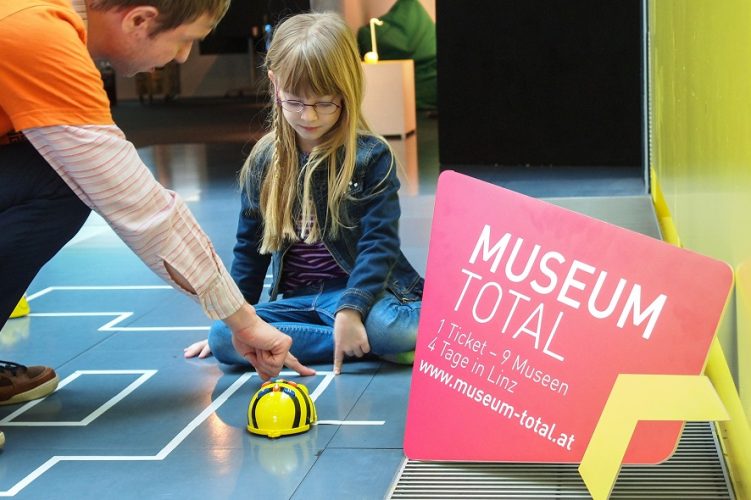
Museum Total: Four Days, Nine Museums
Museum Total is back by popular demand! This event, which is being held for the fifth time this year, is set for February 22-25, 2018. One ticket admits the holder to nine Linz museums—the AEC among them—over the course of four days. What’s lined up? Nicole Grüneis, director of Ars Electronica’s Education and Cultural Outreach…
-
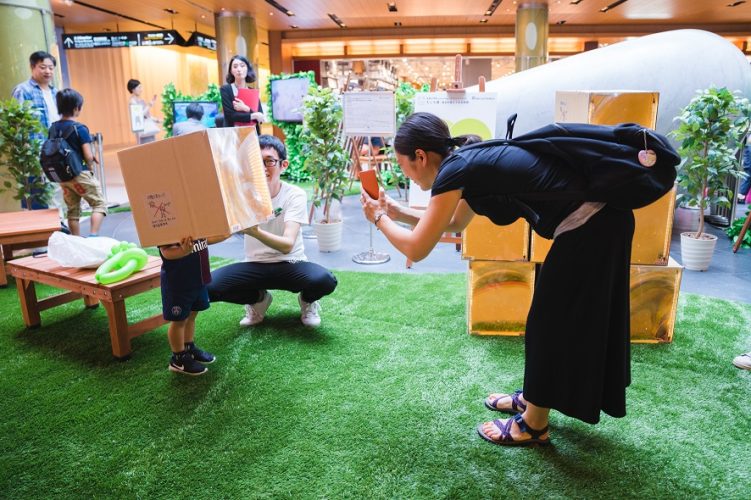
Discussions about the Future in the School of the Future
School of the Future creates the setting for discussions about technology, society and art right in the middle of Tokyo. The format consists of a regular series of temporary exhibitions and round-table discussions that the Ars Electronica Futurelab stages in the Tokyo Midtown complex in the heart of Japan’s megalopolis. Sound interesting? Read on!
-

Humanising Autonomy: A Language for Self-Driving Cars
How do we as pedestrians want to communicate with the autonomous autos that will soon be driving around our cities? Now is the best time to give some thought to this question, according to the staff of Humanising Autonomy, a project that was honored with a 2017 STARTS Prize and is now collaborating with, among…
-
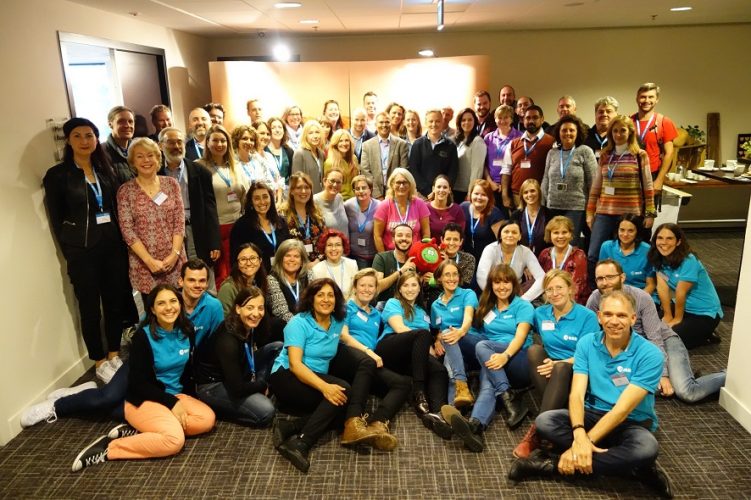
Bringing Space to Earth: ESA Teacher Workshop 2017
The European Space Agency (ESA) annually stages two international workshops for teachers from its member states. ESERO Austria made it possible for two Austrian teachers to take part in this year’s workshop in The Netherlands. Here’s an account of how it went.
-
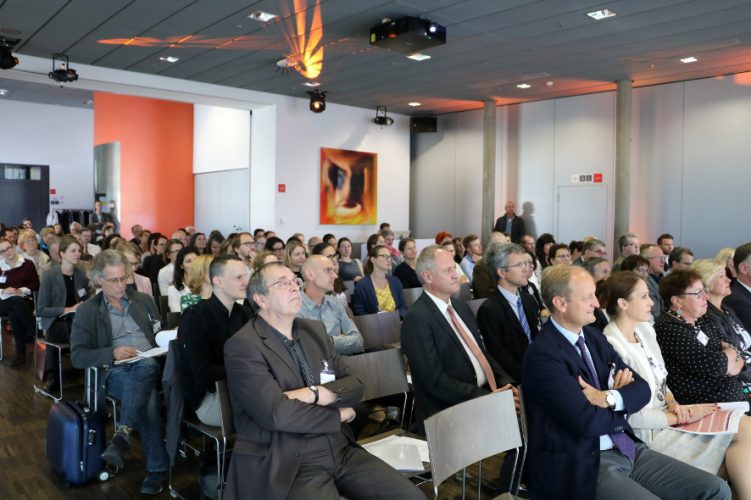
Fundamental Rights Day 2017: Have Human Rights Become Luxury Items?
What impact do encounters with foreign cultures and religions have on our understanding of fundamental rights? What opportunities and risks are connected with new technologies? And which values are actually important to our young people today? We posed these and other questions to visitors to the Ars Electronica Center on Fundamental Rights Day 2017.
-
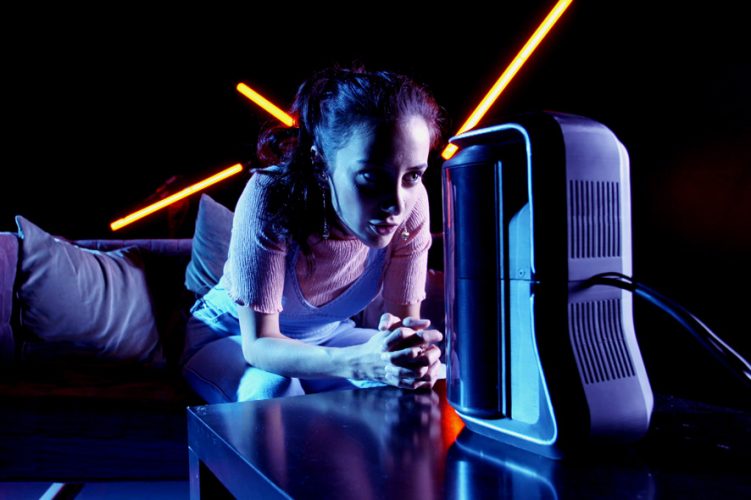
Homo Digitalis: What’s the Digital Revolution Doing to Us?
“Homo Digitalis” is a series of seven episodes that present various scenarios of life in the future. Christopher Lindinger, Director of Research & Innovation at the Ars Electronica Futurelab, talks about the part his division played in this Web series produced by BR, ARTE and ORF.
-
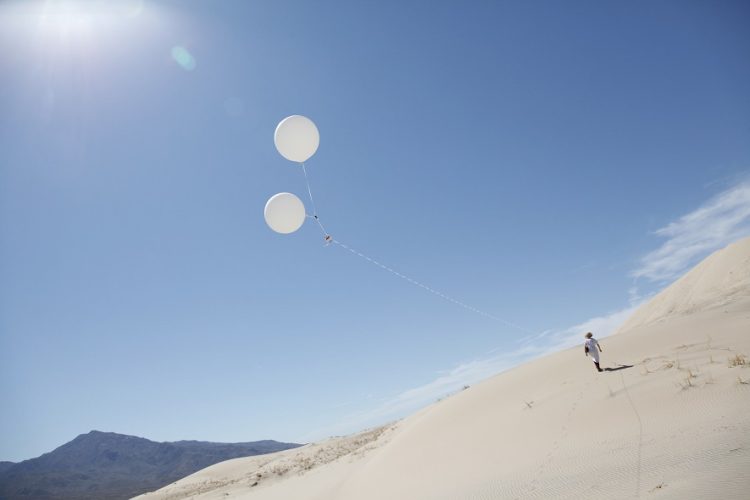
Feminism and Climate Change: UCLA at the 2017 Ars Electronica Festival
The Campus exhibition that Linz Art University has hosted during the Ars Electronica Festival since 2002 extends an invitation to an art college from a foreign country to come to Linz and showcase the work being done there. This year’s guest is the University of California at Los Angeles. In this interview, Professor Victoria Vesna…
-
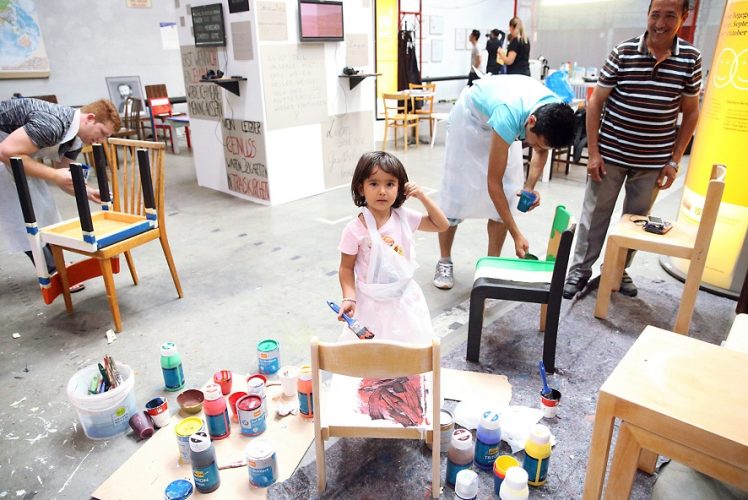
ZusammenKommenLab: Innovative Integration Projects and More
Networking, meeting new people and exchanging ideas with experts—that’s what’s up at ZusammenKommenLab [ComingTogetherLab] at Ars Electronica 2017. On all five days of the festival, ZusammenHelfen in Oberösterreich [HelpingTogether in Upper Austria], your go-to source for ways to help refugees, will be showcasing projects by, with and for immigrants and refugees.
-
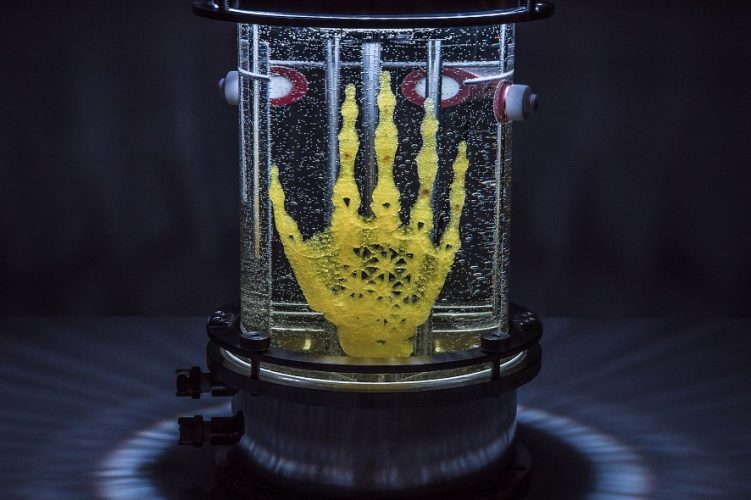
“Technology is human”: How Culture Shapes Technology
Mark Coeckelbergh, a philosopher of technology, will deliver a speech on intelligent machines and art on Friday, September 8, 2017 at the symposium limning the Ars Electronica Festival theme, “Artificial Intelligence – The Other I.” In this interview, he goes into how culture shapes technology and what characterizes our dealings with artificial intelligence today.
-
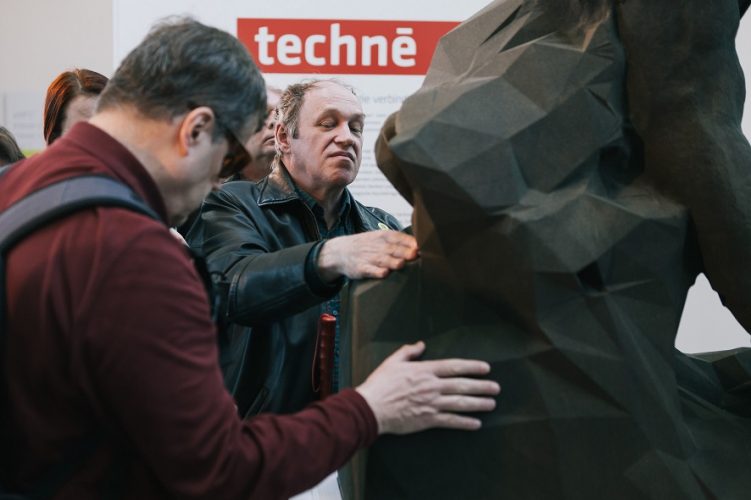
WE GUIDE YOU through the 2017 Festival
There’s a lot happening at the 2017 Ars Electronica Festival! But with so many exhibitions, concerts, performances, events, workshops, film screenings and awards ceremonies, it’s easy to get lost. That’s why we developed WE GUIDE YOU, a comprehensive lineup of guided tours that make things clear—especially for festivalgoers who speak neither German nor English.
-
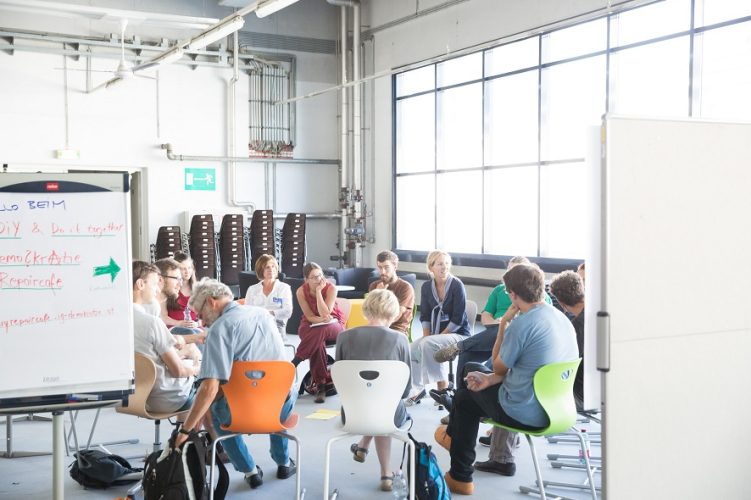
How much globalization can humankind stand?
This is the second year that the Ars Electronica Festival is hosting a “Perspectives on Political Education” symposium. This series of events under the aegis of Pädagogische Hochschule OÖ [state teachers college] is set for September 7-8, 2017. This year’s theme: “The world is my world. How much globalization can humankind stand?” Stefan Giegler told…
-
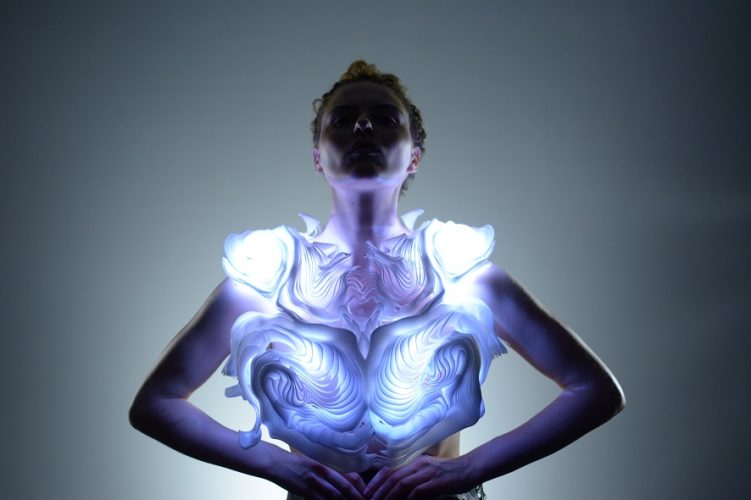
The Essence of Human, Machine and Data: POINT ZERO
POINT ZERO, the exhibition elaborating on the Ars Electronica Festival’s theme, “Artificial Intelligence – The Other I,” (September 7-11, 2017) takes on big questions. What is the essence of a human being? Of a machine? Or, for that matter, of data? We sat down for a chat with Ars Electronica Artistic Director Gerfried Stocker to…
-
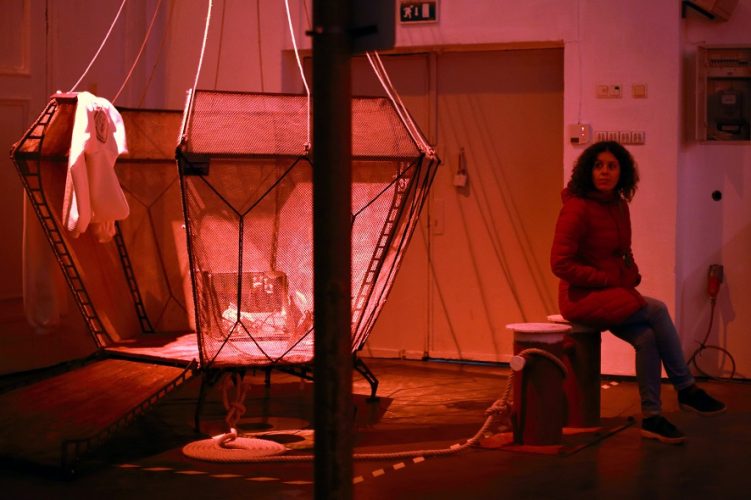
Turnton Docklands: Walk-through Environmental Dystopia and Possible Vision of the Future
The Linz-based artists’ collective Time’s Up builds walk-through worlds, physical narratives, in which every object tells a story. At Ars Electronica Festival September 7-11, 2017, festivalgoers will be able to experience one of them: “Turnton Docklands.” We talked to Time’s Up about this mix of environmental dystopia, social utopia and disturbing future scenario.
-
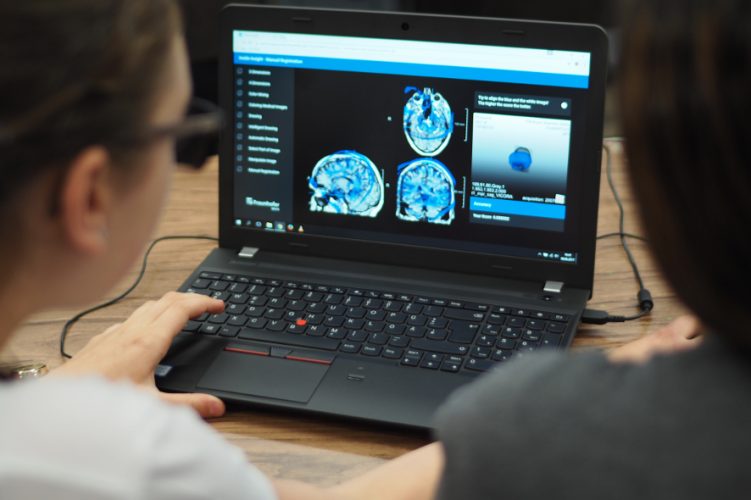
Medical technology and art make a wonderful match!
The Fraunhofer Institute for Medical Image Computing MEVIS based in Bremen, Germany and Taiwanese media & sound artist Yen Tzu Chang have organized a workshop for pupils in cooperation with the Ars Electronica Center. The workshop blends art and science—in concrete terms, technical procedures of medical imaging and sound art. We talked to Sabrina Haase…
-
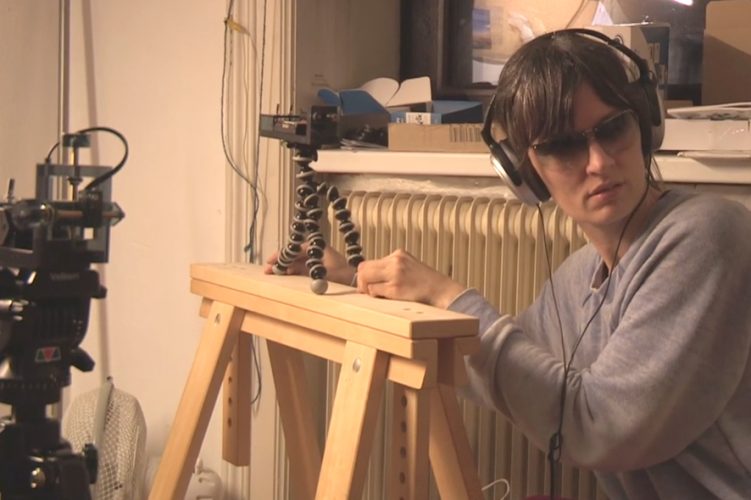
Resistance from Below
Chrystal Tesla is an average citizen whose homemade devices enable her to successfully fend off the incessant incursions of surveillance technology. This scenario created by artist Kathrin Stumreich and entitled “What would Ted Kaczynski’s daughter do?” has been honored by the City of Linz with the Marianne.von.Willemer.2016 Prize.
-
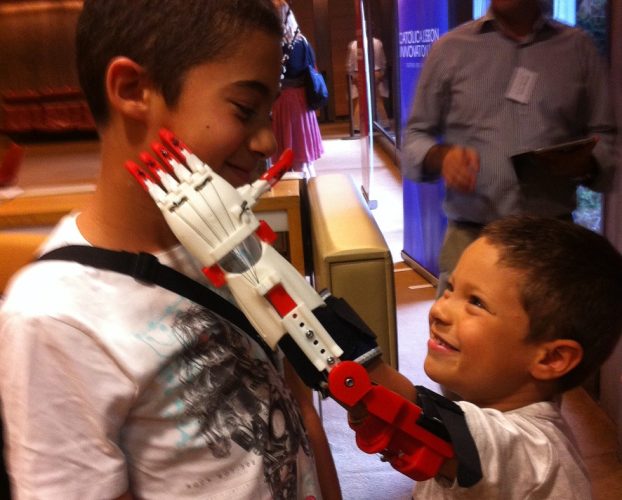
Touching Stories behind the Patient Innovation Platform
The Patient Innovation-platform has brought forward many revolutionary ideas for treating all kinds of diseases. They’ve been developed solely by affected people who as non-experts truly deserve exposure – also at the exhibition “Beyond the Lab: The D.I.Y. Science Revolution” at Ars Electronica Center.
-
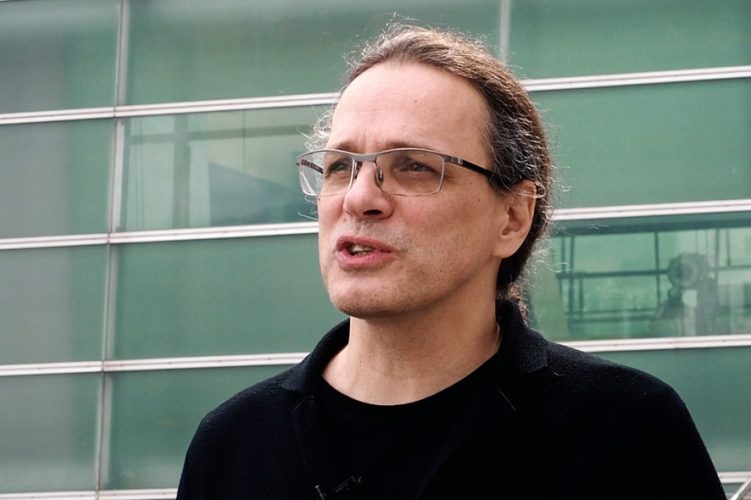
Artificial Intelligence – The Other I
September 7-11, 2017, POSTCITY Linz will be the setting of a stimulating, comprehensive confrontation with the reality and the vision of artificial intelligence. We talked to Ars Electronica Artistic Director Gerfried Stocker about this year’s festival theme.
-
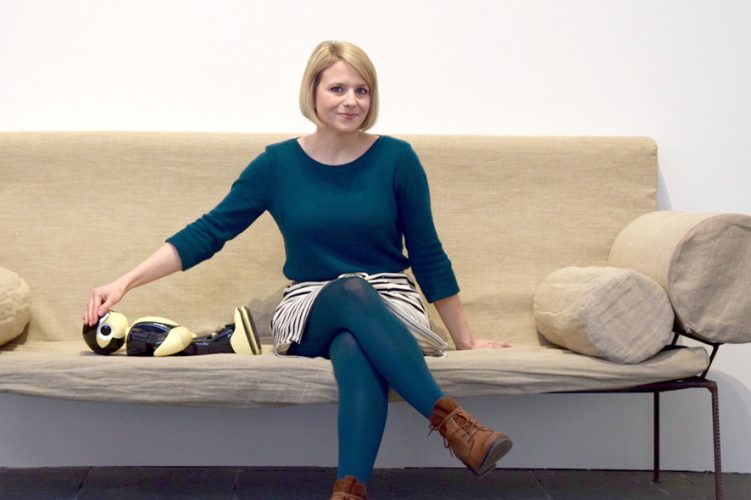
Martina Mara: “More Women in Robotics!”
Even in the 21st century, robotics R&D is still a male domain. On the occasion of International Women’s Day, we discussed this issue with Martina Mara of the Ars Electronica Futurelab. She’s a media psychologist and director of robo-psychology.
-
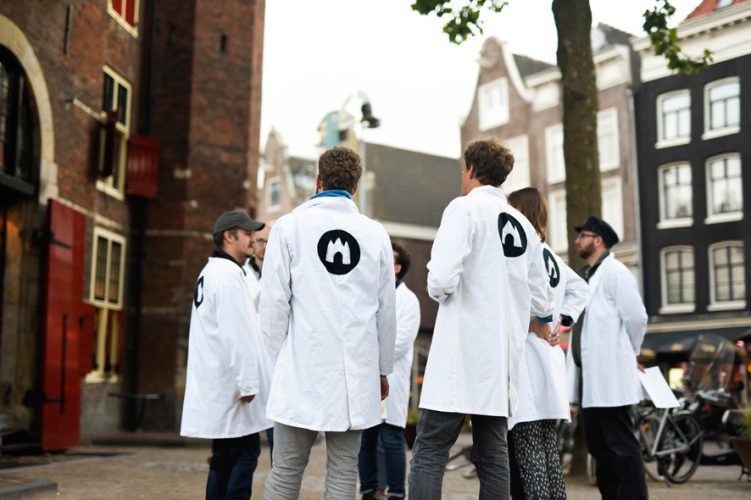
Waag Society: “Keep questioning what you do”
Collaboration among science, technology and art is urgently needed! Marleen Stikker and Lucas Evers of the Waag Society talk about these three fields’ commonalities and, shortly before the entry deadline, address a last-chance call to motivate artists, engineers and scientists to submit their transdisciplinary projects for 2017 STARTS Prize consideration.
-
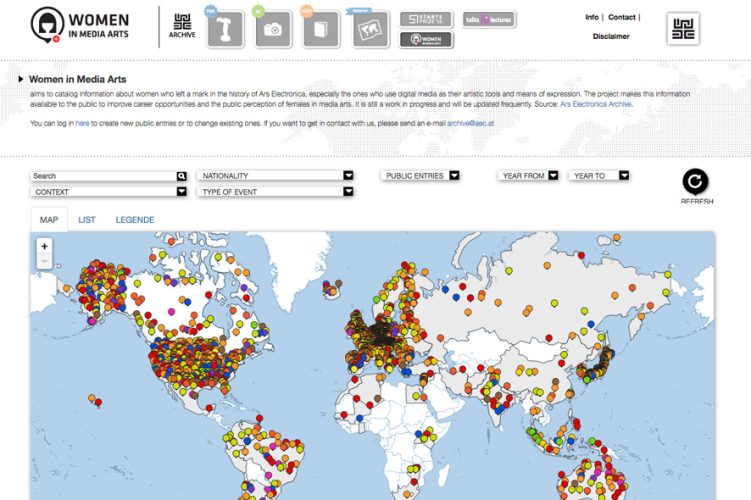
Women in Media Arts
Ars Electronica launched an online database especially for women in media arts in September 2016. Women in Media Arts now makes it possible for users themselves to input information and modify the database’s entries about female artists. Here, project manager Florina Costamoling provides a brief introduction to the database designed to be used by, among…
-
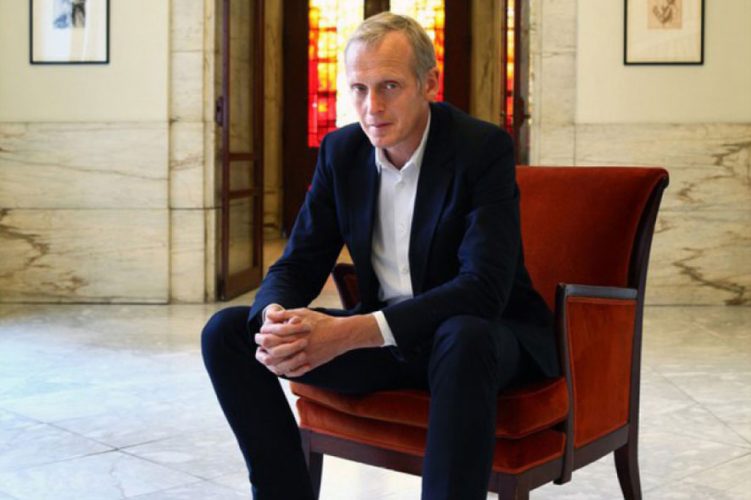
Paul Dujardin: “We need interdisciplinary teams”
In this interview, the artistic director of the Centre for Fine Arts (BOZAR) discusses the artist’s role in this day and age, notes that art also emerges beyond the confines of picture frames, and points out how important it is for disciplines to interconnect.
-
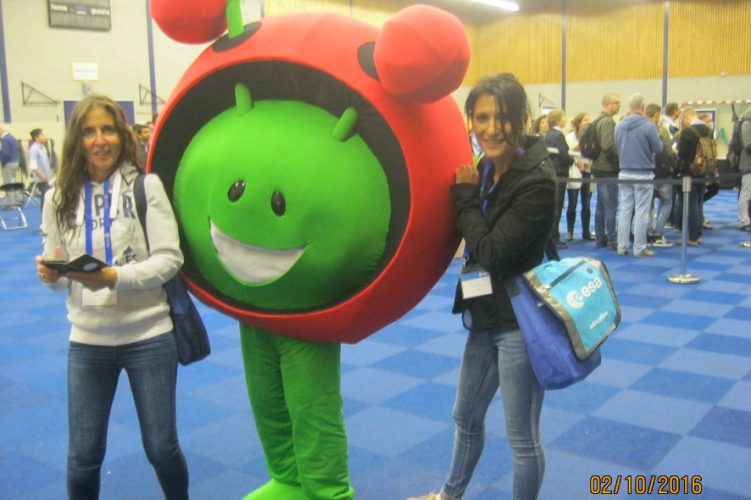
Immersion in Other Worlds
In early October, the European Space Agency (ESA) invited elementary school teachers from all of its member nations to attend a conference in Noordwijk, The Netherlands. Support from the ESA enabled ESERO Austria to send two teachers from this country to the conclave.
